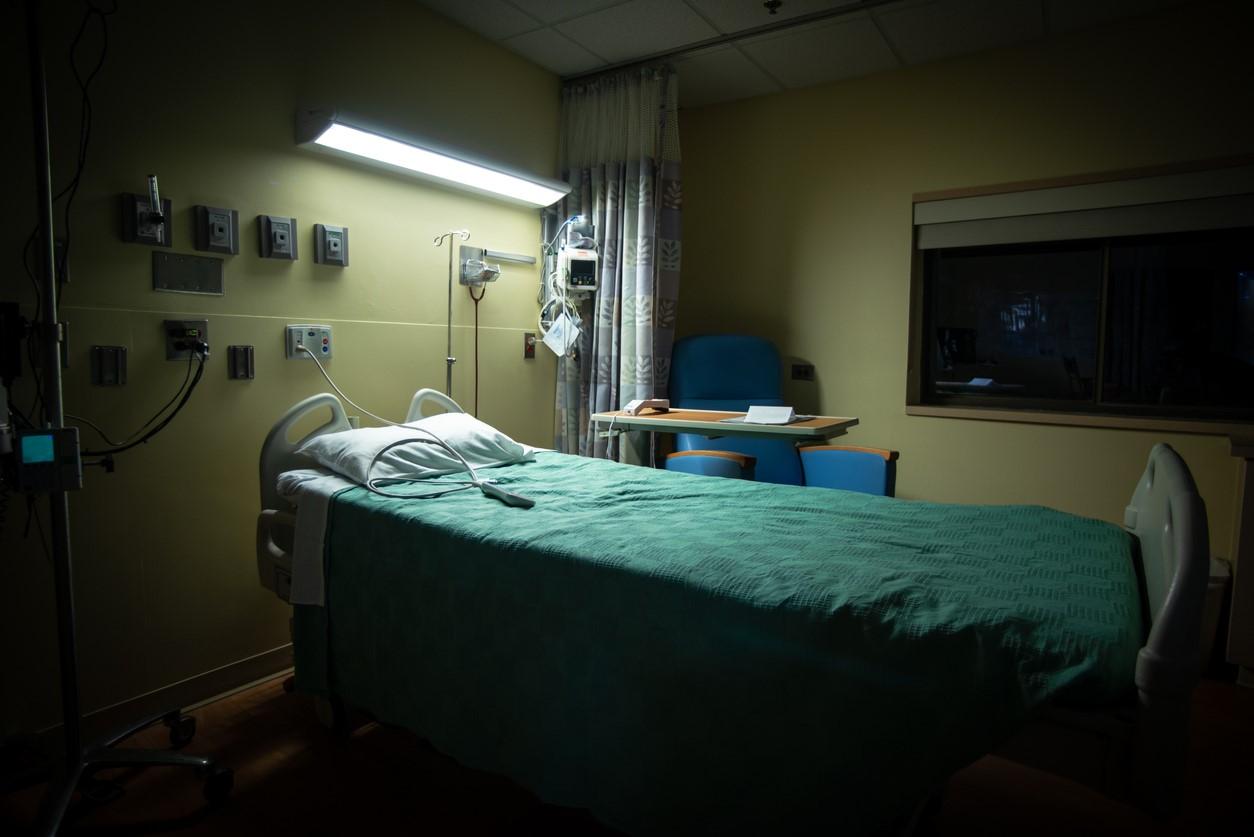Survivors of severe COVID-19—especially those younger than 65 years—may be at more than twice the risk of dying within the next year than those who had mild or moderate illness or were never infected, finds a study today in Frontiers in Medicine.
Another finding of the analysis of electronic health records of 13,638 patients who tested positive or negative for COVID-19 is that only 20% of those who had severe COVID-19 (requiring hospitalization) and died did so because of complications of their infection, such as abnormal blood clotting, respiratory failure, or cardiovascular problems.
Rather, 80% were due to different reasons typically considered unrelated to COVID-19.
"Since these deaths were not for a direct COVID-19 cause of death among these patients who have recovered from the initial episode of COVID-19, this data suggests that the biological insult from COVID-19 and physiological stress from COVID-19 is significant," wrote the University of Florida at Gainesville researchers.
Patients younger than 65 at triple the risk
Of all patients, 178 had severe COVID-19, while 246 were mildly or moderately ill, and the rest tested negative. Among all patients, 2,686 died within 12 months of their COVID-19 diagnosis.
Relative to uninfected patients, those recovered from severe COVID-19 younger than 65 years had a 233% increased risk of dying in the next year. The increased risk was greater than that of survivors of severe COVID-19 who were 65 or older.
The authors noted that the deaths observed in the study often occurred long after the patients had recovered from their infection; thus, their families and physicians may never have linked the two events.
The risk of death was higher for survivors of severe COVID-19 than for the uninfected (hazard ratio [HR], 2.50) and those who were mildly ill (HR, 1.87). Most deaths (79.5%) were from causes other than respiratory or cardiovascular conditions.
Among patients 65 years or older, the pattern was similar, but the risk of death for survivors of severe COVID-19 was higher than in COVID-19–negative patients (HR, 3.33) and mildly ill patients (HR, 2.83). This age-group was also at higher risk for death than COVID-19–negative patients (HR, 2.17) but not those with mild illness (HR, 1.41).
Patients' overall health likely declined
The finding that most deaths were not due to COVID-19 complications suggests that the health of these patients had declined since their initial diagnosis, leaving them susceptible to different medical conditions, the researchers wrote.
The results also underscore the importance of reducing the chances of severe disease through vaccination, said lead author Arch Mainous III, PhD, of the University of Florida, in a Frontiers news release.
"Taking your chances and hoping for successful treatment in the hospital doesn't convey the full picture of the impact of COVID-19," he said. "Our recommendation at this point is to use preventive measures, such as vaccination, to prevent severe episodes of COVID-19."
In their conclusion, the researchers said, "The benefits of preventing severe COVID-19 goes beyond flattening the curve for overwhelming the health system with hospitalized patients but extends to decreased 12-month mortality risk for conditions other than COVID-19 directly."






















